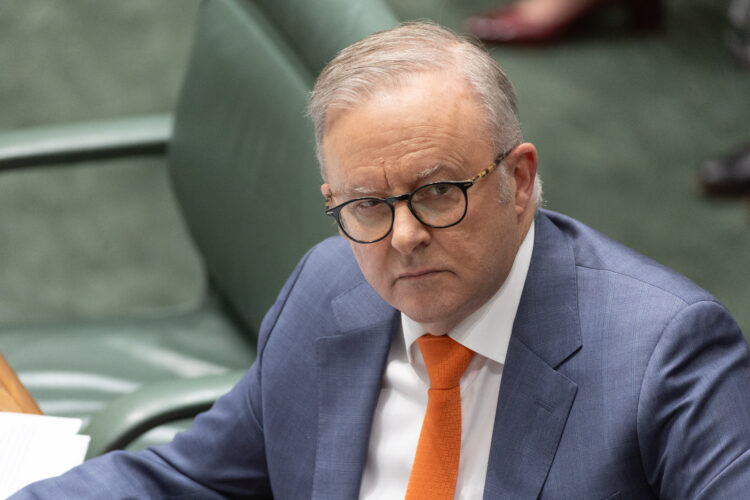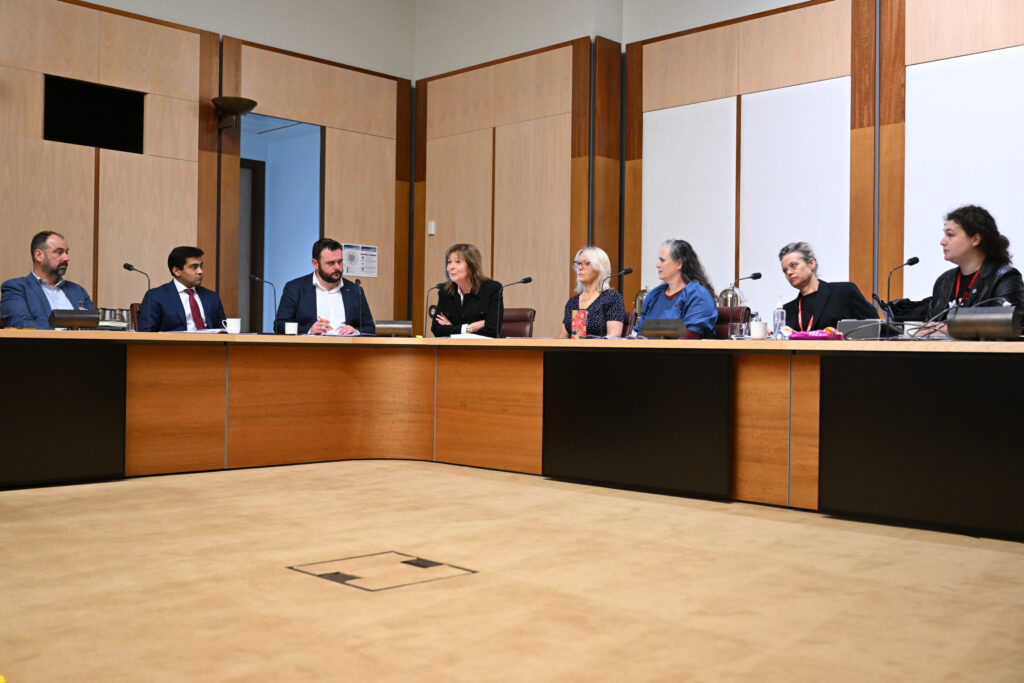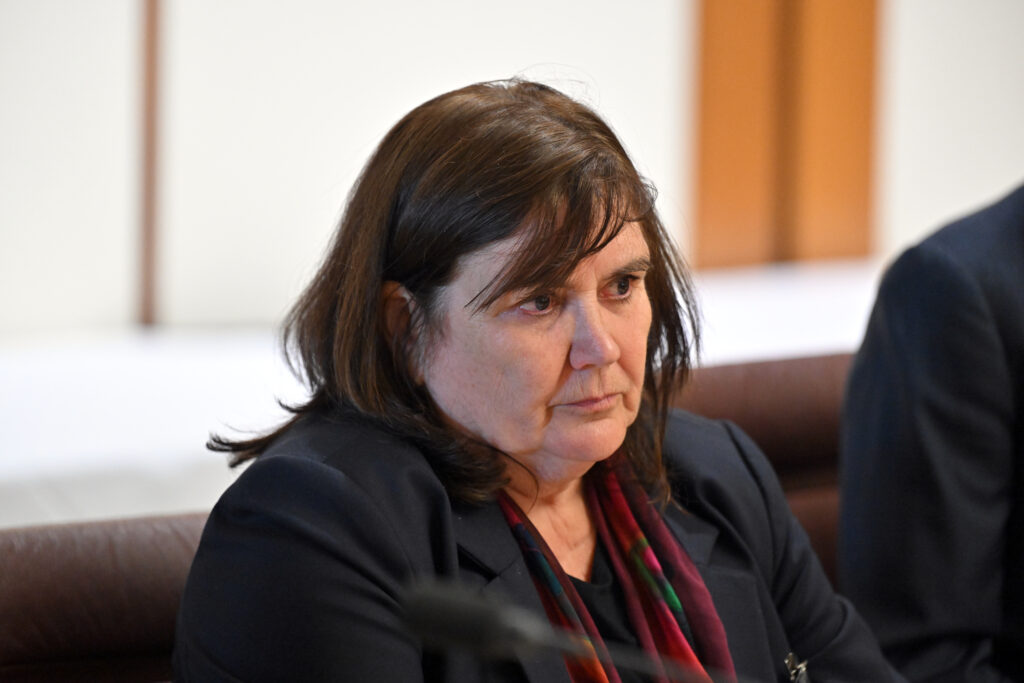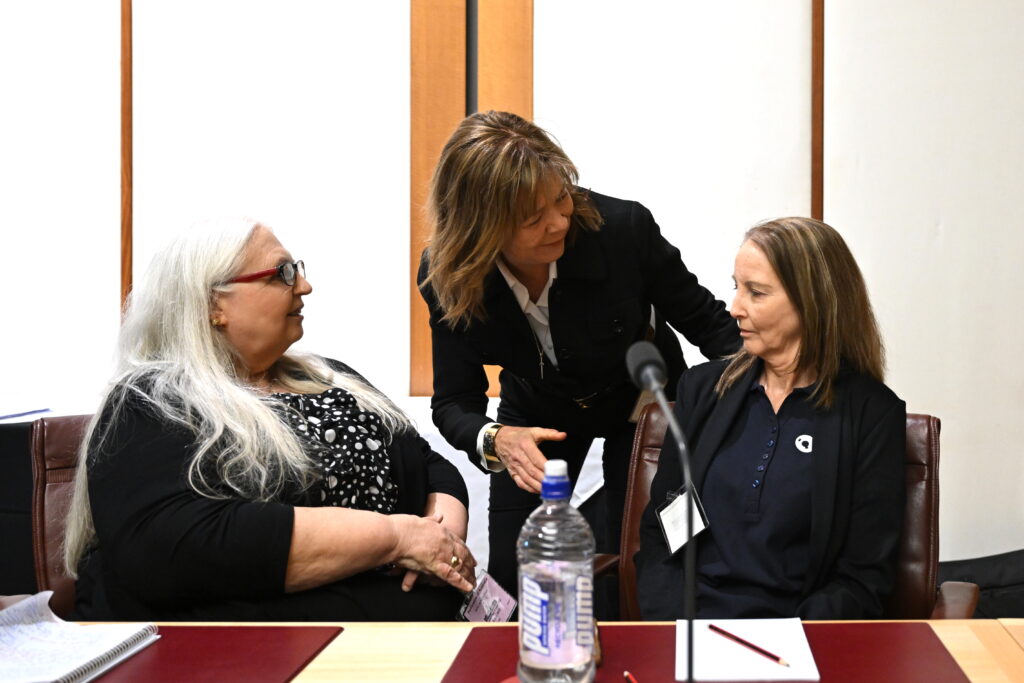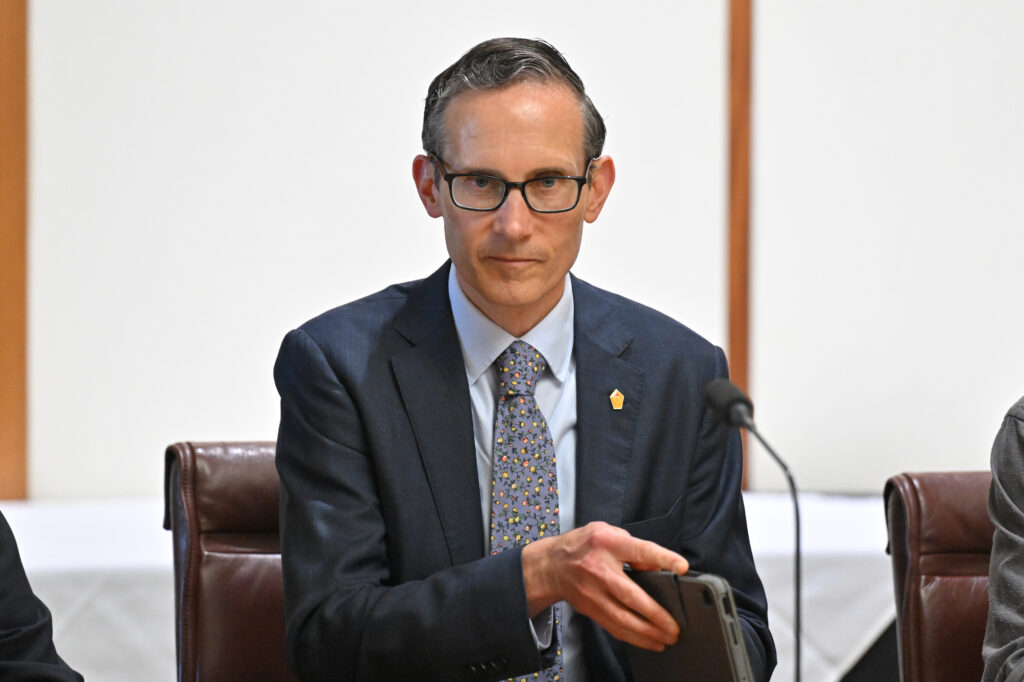Coal mine expansion “undercuts 2035 climate goal before it’s even set” – Climate Council
The Climate Council has joined the Greens in condemning the approval of Glencore’s Ulan coal mine expansion, near Mudgee, NSW.
Amanda McKenzie, Climate Council CEO:
It’s nonsensical to cut climate pollution with one hand while approving new coal projects with the other.
Every time this government waves through a new coal or gas project, it undercuts Australia’s 2035 climate goal before it’s even set. Our analysis (attached) shows we’d already be starting from a clearly stronger position – about 10 million tonnes closer to net zero – if the government had simply followed the science and stopped greenlighting more fossil fuels.
If the Government wants its 2035 climate target to be taken seriously, it must stop approving new and expanded coal and gas projects. Approving more coal now makes it harder to meet our climate goals, and puts Australians at greater risk of worsening climate disasters.
“While coal and gas projects are still being waved through without considering their climate damage, the Government can’t credibly claim it’s doing everything possible to fight climate change. It’s time to stop rubber-stamping pollution and start making decisions that put people’s lives and livelihoods first.
